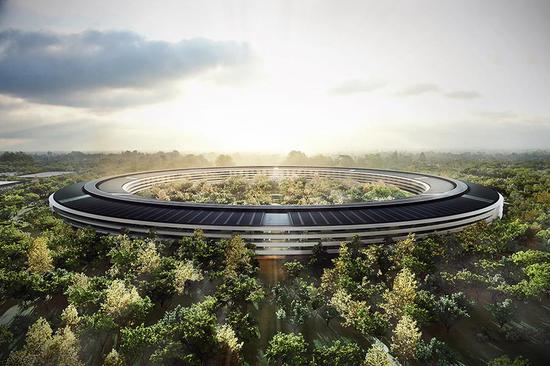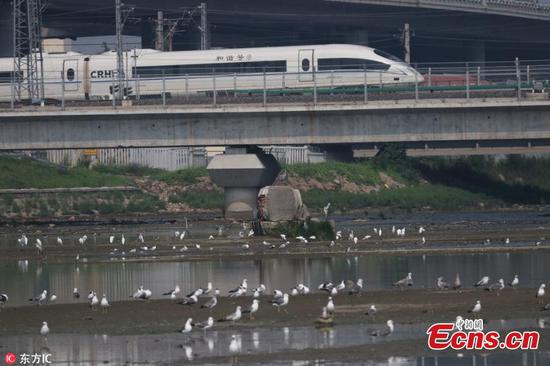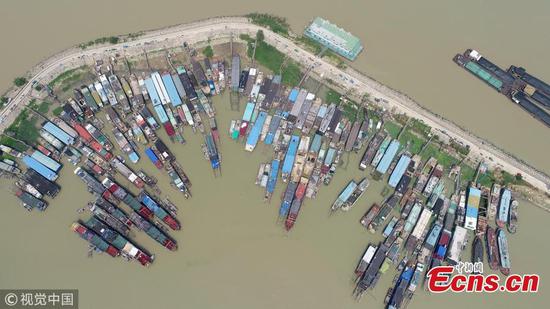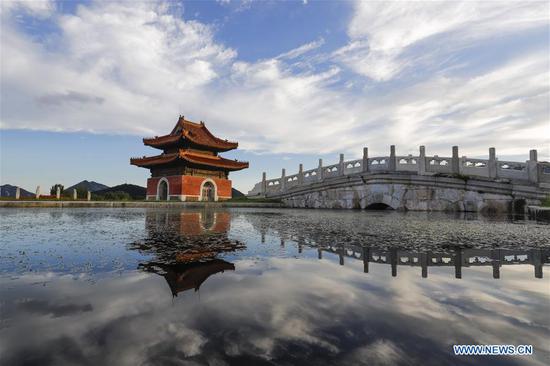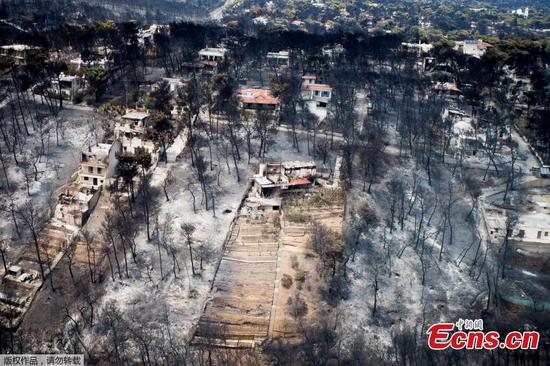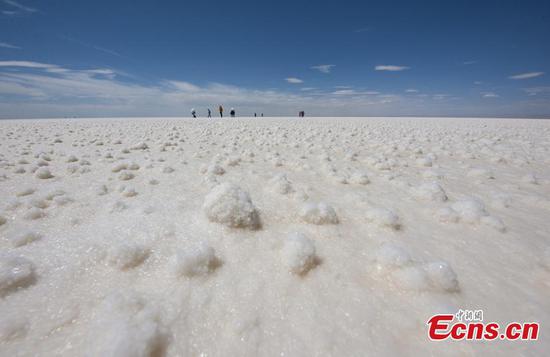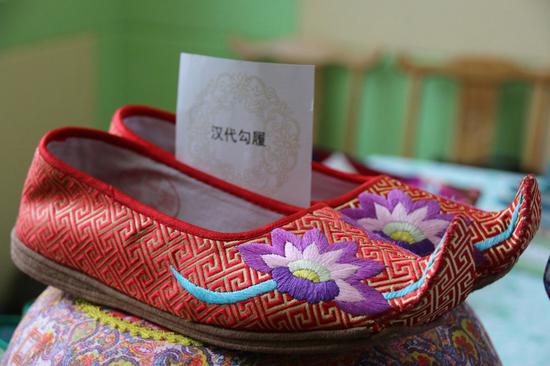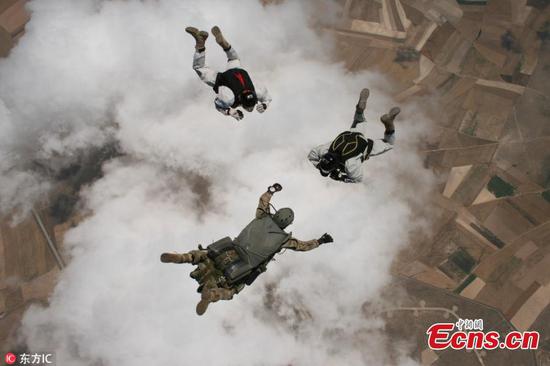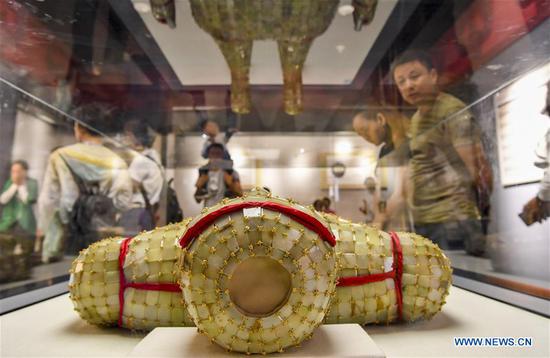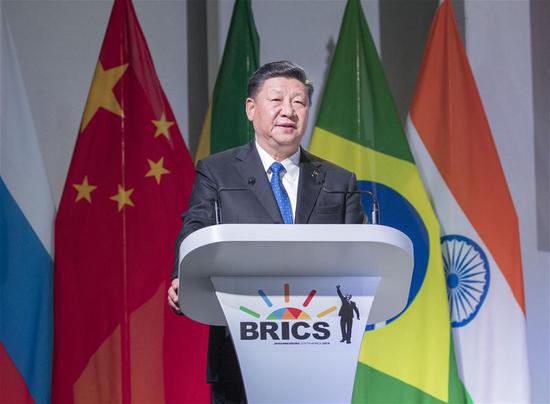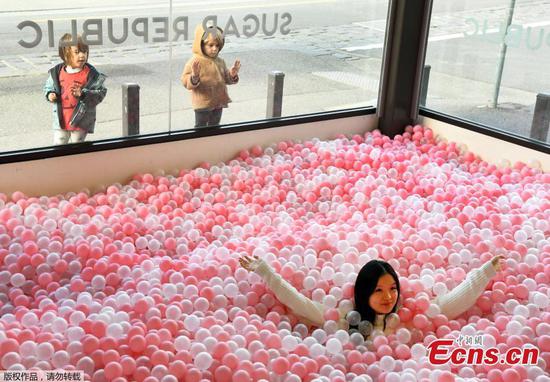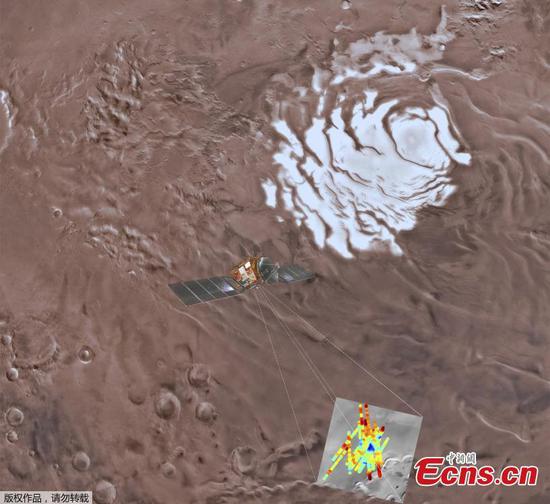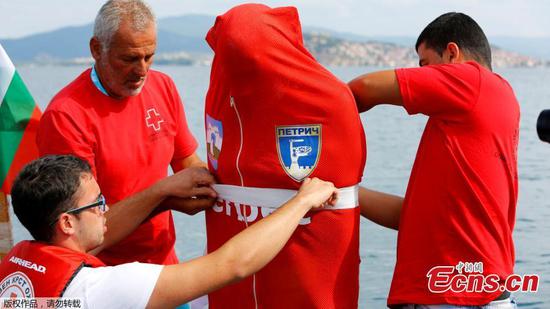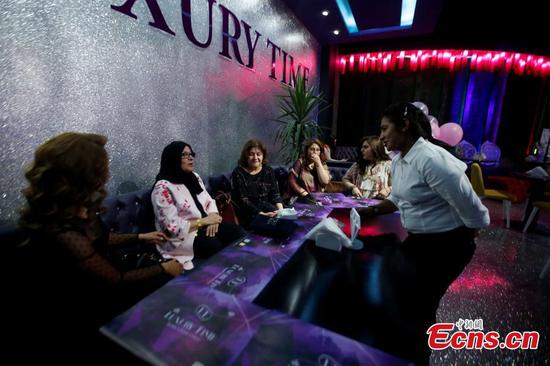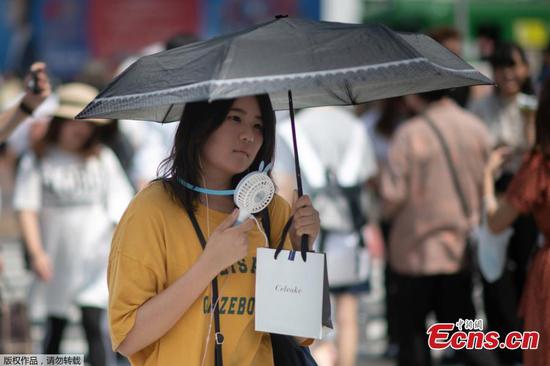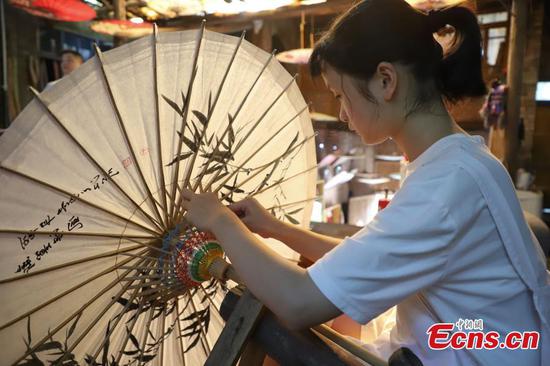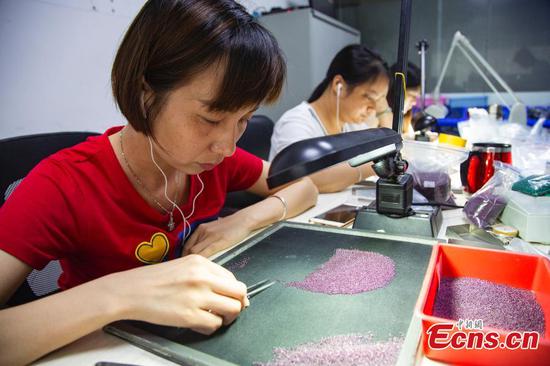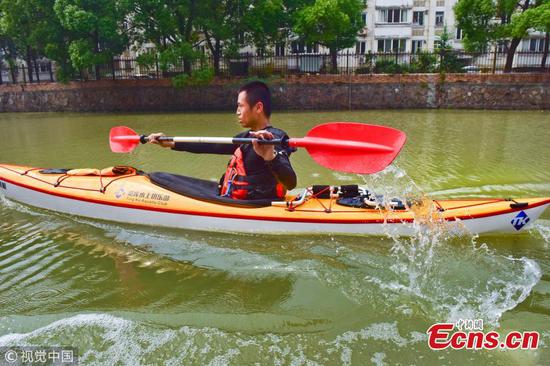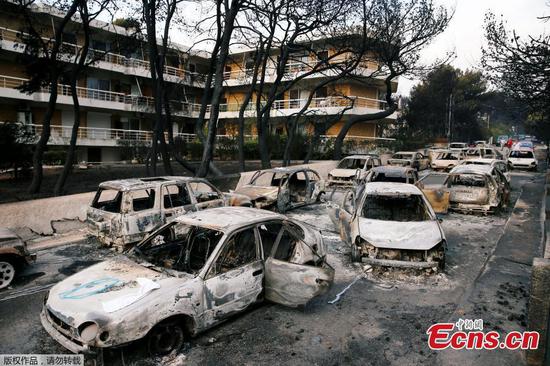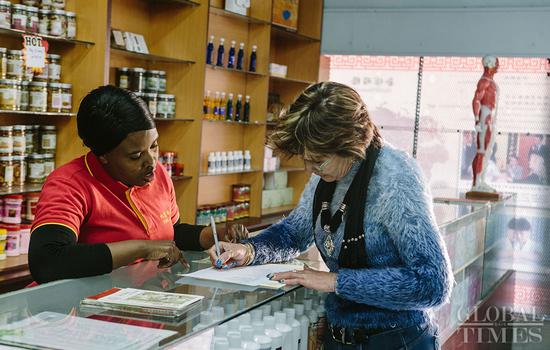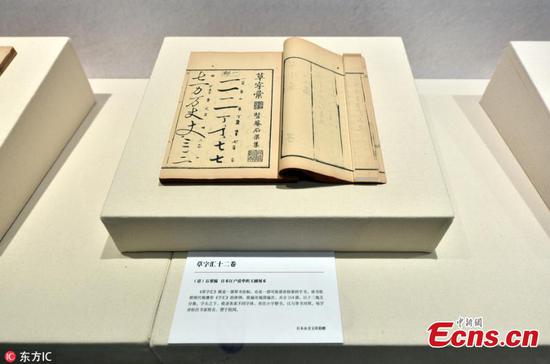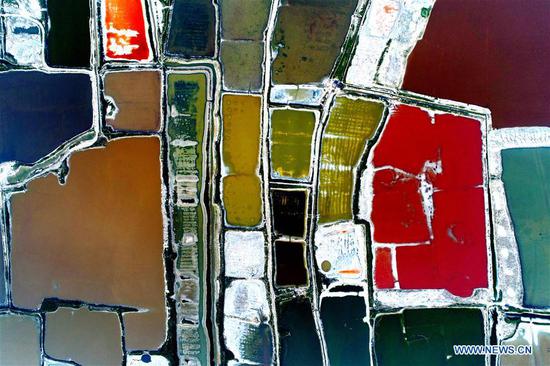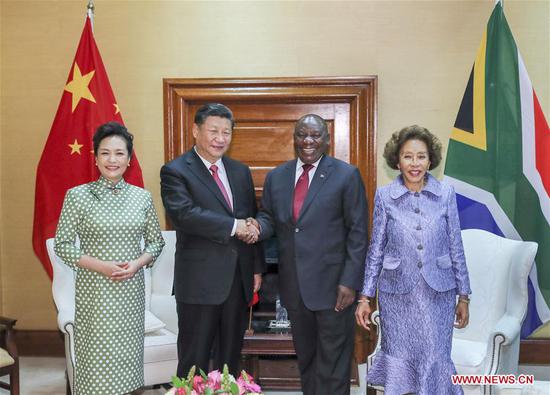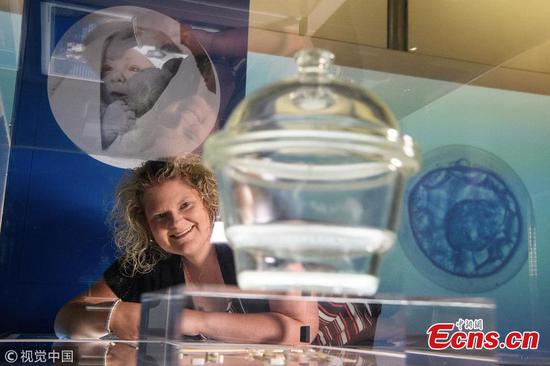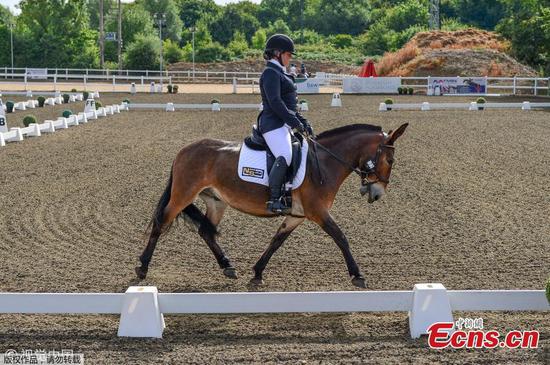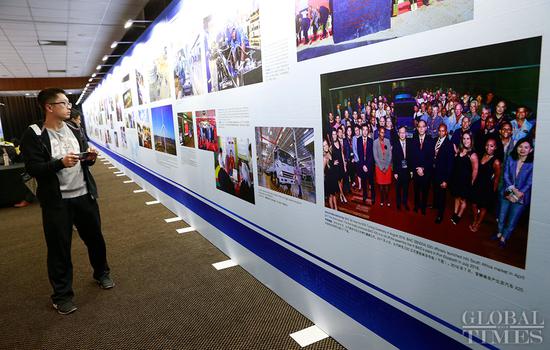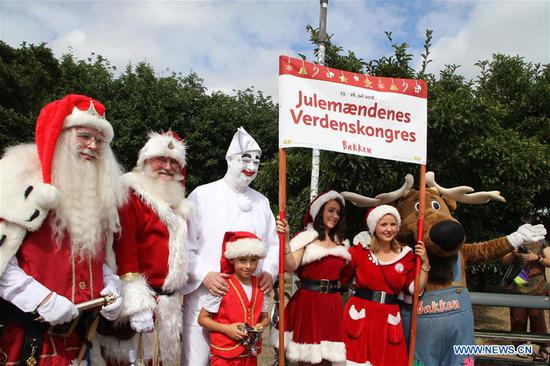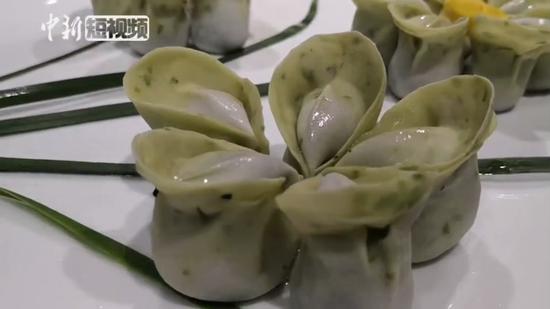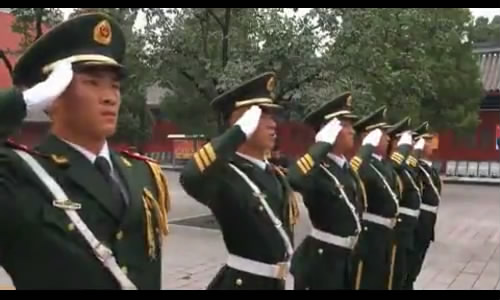U.S. President Donald Trump and European Commission President Jean-Claude Juncker on Wednesday agreed to mitigate the transatlantic trade tensions over Washington-launched tariffs.
However, the two sides have so far failed to patch up ties strained over U.S. tariffs on the EU's cars, steel and aluminum.
The U.S.-Europe relationship has also been overshadowed by differences on Iran nuclear deal, Paris climate accord, the status of Jerusalem and defense spending, among other issues. Trump's relations with Russia have also fueled mistrust in Europe.
In a joint press conference after a meeting that lasted over an hour, Trump said that the United States and the European Union (EU) had agreed to work together toward "zero tariffs, zero non-tariff barriers, and zero subsidies on non-auto industrial goods."
The two sides also vowed to work together to reduce barriers and increase trade in services, chemicals, pharmaceuticals, medical products, as well as soybeans, as Brussels will buy "a lot of soybeans" from U.S. farmers in the Midwest, Trump said.
The EU planned to import more liquefied natural gas (LNG) from the United States in a bid "to diversify their energy supply," he said, adding that the two sides had agreed to "launch a close dialogue on standards, in order to ease trade, reduce bureaucratic obstacles, and slash costs dramatically."









